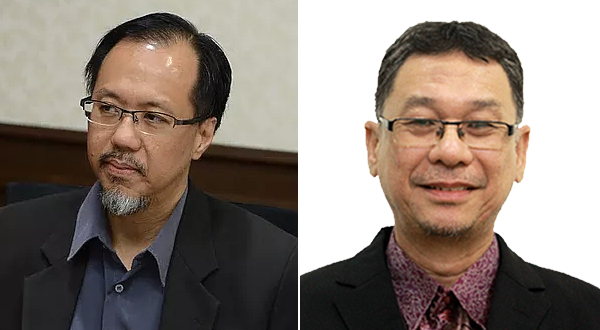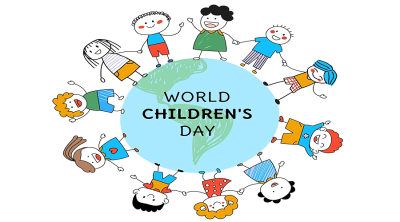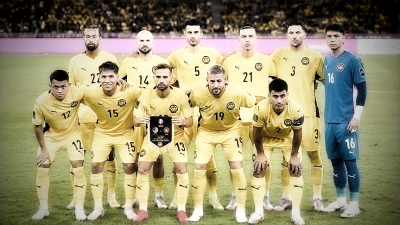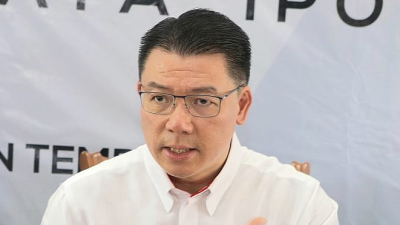
By Eugene Yapp / Badlishah Sham Baharin
Prof Tajuddin's article "The two faces of Malay morality in Malaysia" has elicited varying degrees of reactions.
Some felt he was simply overstating his case while others commended his effort in calling a spade a spade.
His naming of Zakir Naik, one university student he encountered, one mufti he knows of, one leader of a political party and Umno leader he could have engaged with and one group of Muslim graduates, as his experience to the conclusion about the whole of the Malay community and seeing absolutely "no hope for Malaysia", is as dramatic as it is inaccurate.
With these words, "I absolutely see no hope for Malaysia with the Malays deeply entrenched in these false narratives of Islam. With Amanah, ABIM, IKRAM and Anwar playing Malay and 'fundamental Islamic' politics, there is probably nothing much that Malays who believe in the fairness of the Constitution and the dignity of all citizens can do to change the general narrative. Short of an economic catastrophe to wake the Malays from their religious and moral delusions, I would not put money on the future of Malaysia" (emphasis ours), it is understandable why some are upset by the tone of his entire article.
Perhaps Prof Tajuddin in his own experience has had much negativity to grapple with and see no way out of this malady in terms of race and religious relations in the country.
Others, however, may have a different taste and experience. One that could perhaps be described as more positive and therefore hopeful against Prof Tajuddin's bet against Malaysia's future.
To begin with, Gabungan Bertidak Malaysia (GBM) is a coalition of twenty-seven local civil society organizations coming together to work on creating national unity and fostering religious harmony.
The coalition represents a mix of faith-based organizations, human rights, community service providers, think-tanks and educationist groups.
One of its founding and core members is Pertubuhan Ikram Malaysia (IKRAM) which was named by Prof Tajuddin as immersing in fundamental Islamic politics.
In GBM, we embark on our quest for national unity, religious diversity and harmonious living through various forms of engagements, particularly with the local grassroots communities.
Through our special purpose vehicles, UID-Sejahtera and MyPJ, a registered resident association working across the whole of PJ, we attempt to create and strengthen common platforms and spaces for interaction, mutual understanding and collaboration among groups and communities of different ethnic, religious and cultural backgrounds to forge public consensus on the vision of the country that will unite all Malaysians.
This is done through having a robust bridge-building narrative — unity in diversity and standing in solidarity with all — as our core message, which is implemented through our community intervention programs of offering holistic community services to address poverty, family life, health, security and other issues that marginalize and hinder unity in diversity and national harmony.
Throughout our interaction and collaborative partnership with the likes of IKRAM and other Malay-Muslim groups, we discovered that unity in diversity is based on understanding the 'Other', i.e., our neighbors rather than merely tolerating or accepting them.
We have come to conceive "understanding" as an open appreciation of one another's differences that requires adjustments from both majority and minority communities in that absolutist values held by them may need to be moderated in the interests of social harmony.
This has been the fundamental experience for those of us in GBM working in the agenda of national unity.
Such an experience comports with the social reality that Malaysia is indeed a multicultural society with different actors and groups we would eventually disagree with due to differences in world views and the differing social vision as to what constitute the public good for the whole of Malaysia.
In recognizing and acknowledging these differences, we found the need to hold certain factors together to strive and thrive for what we would call a "komuniti prihatin-masyarakat sejahtera".
First, we needed to hold and espoused a "middle-ground" narrative of societal concerns and views. This extends to the political agenda, religious relations, ethnic interests and economic distribution and social welfare. It requires an "open-system" of thinking that embraces the ethos of diversity and differences as norm rather than to impose or change the differences and disagreement in the other.
Second, we needed to enhance relationships and inspire confidence with those whom we often say we do not and cannot agree with. Without this trust and confidence, which aims to rid of suspicion and caution towards openness, there can be no understanding and striving for unity in diversity in multicultural Malaysia.
Third, in seeking to moderate the discourse on more contentious issues, there is a need for reasonable accommodation through the act of "practical concordance".
The term "concordance" implies a harmonious, consistent relation to each other. It's about recognizing the claims on both sides of the divide and finding ways to maintain a dialectical balance in this regard.
For a multicultural society like Malaysia to truly flourish, unity in diversity of cultures is central. It is in a way perspective yet a desire we can all generate into reality first within ourselves and then others. Together, we construct a society that cherishes diversity and encourages creative dialogues and respectable social engagements between different cultures and their respective social-moral visions.
It therefore falls on us to find ways in which to respect each other's rights to their own cultural bearings and lenses of the social good and at the same time cultivate the power for self-determination in the imagination and moral empathy for the greater good and the well-being of everyone.
Here, Prof Tajuddin could be invited to share in this common vision and together strive for the good of the whole. And in this, we hope he may once again put his money in the future of Malaysia. God bless Malaysia!
(Eugene Yapp is National Unity Program Director, UID-Sejahtera; Badlishah Sham Baharin is Chairman of Gabungan Bertindak Malaysia, GBM.)
ADVERTISEMENT
ADVERTISEMENT


































